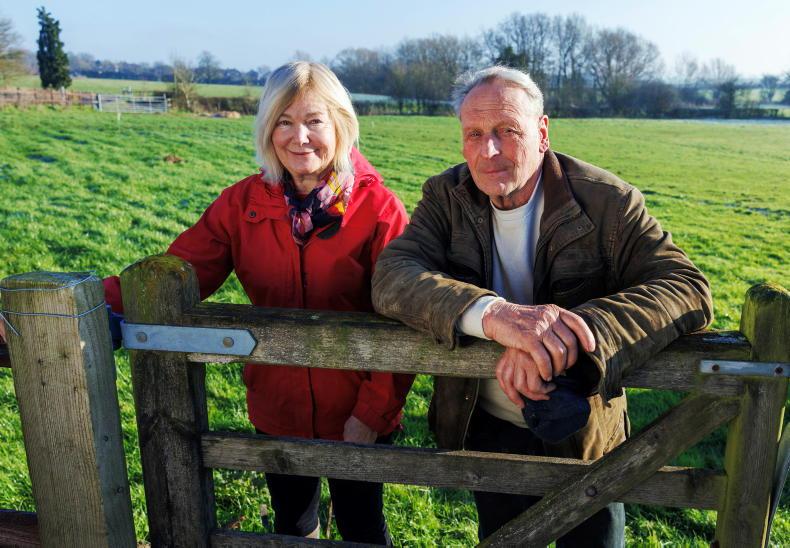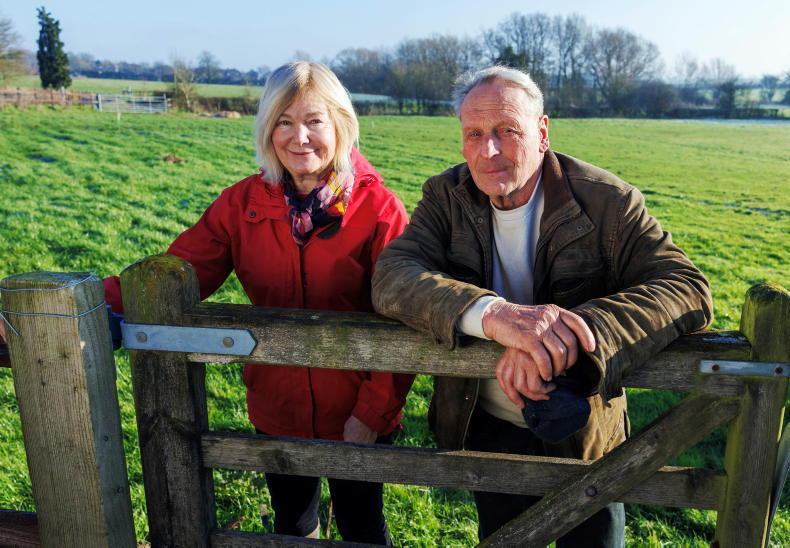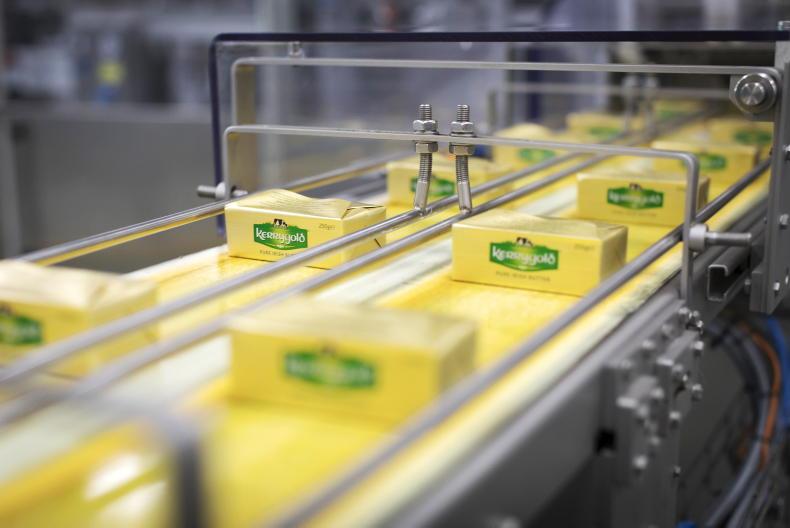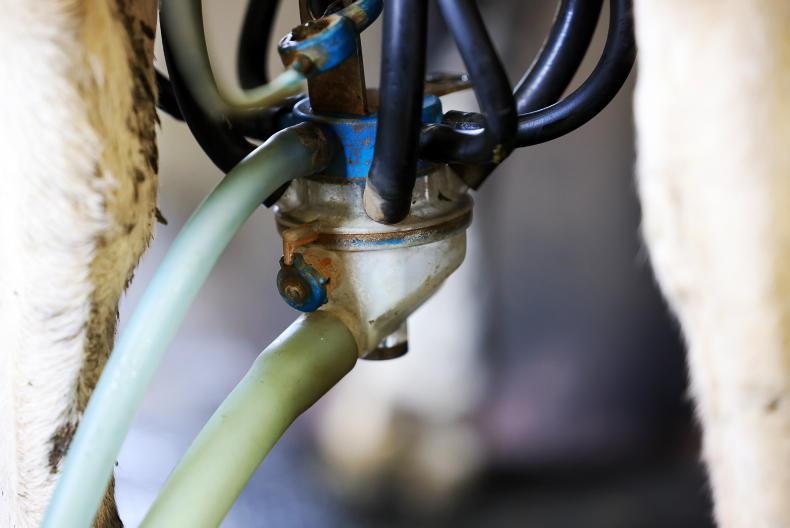Last week, my contractor called in and told me he had forward sold most of his wheat at £250 a tonne. This week, I hear the price is £320. Talk about a volatile market!
Since we batch-calve spring and autumn and have 146 in milk, I am waiting until the TB test next month before we cull down to 136.
If we have a clear test, we will need to sell nearly all of the 25 autumn-calving heifers. I just hope the price holds up when we come to sell them.
Milk yields have now peaked as the milk supply in the bulk tank is falling, but the submission rate to AI is only 54% on the spring calvers, so the vet recommended shedding the open cows to feed on maize silage once a day.
This sorts out nutrition – the other potential problem could be nutrition. Some-one suggested drones until they saw the price.
Shedding gate
Thank heavens we have installed a three-way shedding gate when we put in the parlour five years ago.
These are so useful that I am told, in Australia, the first question a herdsman asks his potential employer is “do you have an auto-shed?”
This enables us to send the stale milkers to the left and the not-in-calf forward to access the maize.
The minute you pat yourself on the back you tend to fall over
As farmers, we tend to live on a knife edge, constantly being made aware of our precarious situation by the vagaries of the weather, the health and survival or not of our livestock, the constraints of the market place and even the mood of the bank manager.
Politicians are far removed from these pressures and in the past have seen a constant food supply from indigenous producers, reinforced by imports from overseas.
Everyone, unless they have been asleep under a stone for the past three years, must be now well aware of the fragility and necessity of food supply. “A hungry nation is an angry and lawless nation.”
Here at home, I am expecting the grass to stop growing at any minute; I put it that way because the minute you pat yourself on the back you tend to fall over.
New bull
The new Hereford bull is running with 25 heifers and I am rather pleased we have him, since the dramatic rise in grain prices has caused a rise in the calf price for indigenous breeds against continentals, which take more grain to finish.
What goes up must come down, but the prices have been down for so long, let’s hope they stay up for a considerable time, but then we as farmers are a stranger to optimism.
Hope is a word often used in a farmer’s vocabulary [and] as I’ve said before, we do armour-plate ourselves with a pessimistic outlook.
Read more
Farmer Writes: A seemingly bright future for milk prices
Last week, my contractor called in and told me he had forward sold most of his wheat at £250 a tonne. This week, I hear the price is £320. Talk about a volatile market!
Since we batch-calve spring and autumn and have 146 in milk, I am waiting until the TB test next month before we cull down to 136.
If we have a clear test, we will need to sell nearly all of the 25 autumn-calving heifers. I just hope the price holds up when we come to sell them.
Milk yields have now peaked as the milk supply in the bulk tank is falling, but the submission rate to AI is only 54% on the spring calvers, so the vet recommended shedding the open cows to feed on maize silage once a day.
This sorts out nutrition – the other potential problem could be nutrition. Some-one suggested drones until they saw the price.
Shedding gate
Thank heavens we have installed a three-way shedding gate when we put in the parlour five years ago.
These are so useful that I am told, in Australia, the first question a herdsman asks his potential employer is “do you have an auto-shed?”
This enables us to send the stale milkers to the left and the not-in-calf forward to access the maize.
The minute you pat yourself on the back you tend to fall over
As farmers, we tend to live on a knife edge, constantly being made aware of our precarious situation by the vagaries of the weather, the health and survival or not of our livestock, the constraints of the market place and even the mood of the bank manager.
Politicians are far removed from these pressures and in the past have seen a constant food supply from indigenous producers, reinforced by imports from overseas.
Everyone, unless they have been asleep under a stone for the past three years, must be now well aware of the fragility and necessity of food supply. “A hungry nation is an angry and lawless nation.”
Here at home, I am expecting the grass to stop growing at any minute; I put it that way because the minute you pat yourself on the back you tend to fall over.
New bull
The new Hereford bull is running with 25 heifers and I am rather pleased we have him, since the dramatic rise in grain prices has caused a rise in the calf price for indigenous breeds against continentals, which take more grain to finish.
What goes up must come down, but the prices have been down for so long, let’s hope they stay up for a considerable time, but then we as farmers are a stranger to optimism.
Hope is a word often used in a farmer’s vocabulary [and] as I’ve said before, we do armour-plate ourselves with a pessimistic outlook.
Read more
Farmer Writes: A seemingly bright future for milk prices










SHARING OPTIONS